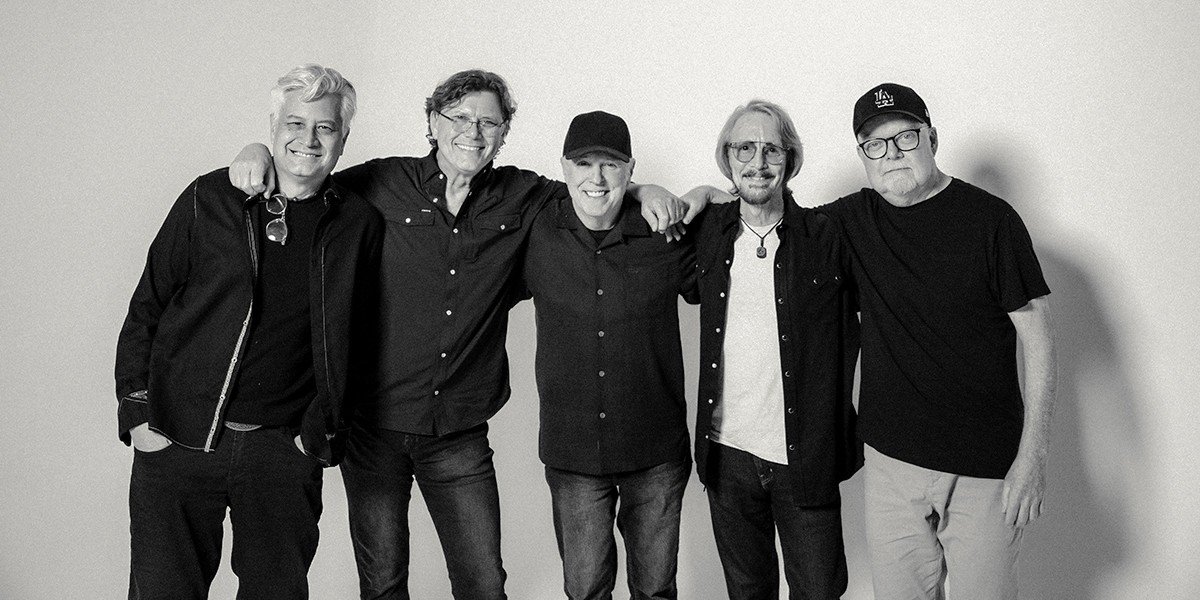Music artists have always played a pivotal role in shaping and influencing culture. Their creative expressions often resonate beyond the realm of entertainment, affecting fashion, language, social movements, and even politics. This article explores music artists’ tendency to spark a new wave of culture, examining the factors that enable their influence and the ways in which they shape societal trends.
The Power of Music Artists
Music artists possess a unique ability to influence culture through their art. They can introduce new ideas, challenge societal norms, and inspire change. Their influence extends to various aspects of life, including fashion, language, and lifestyle choices. By expressing their personal experiences and views through music, artists can connect with diverse audiences and foster a sense of community and identity.
The mass appeal of music artists is a significant factor in their cultural impact. Popular artists reach millions of fans worldwide through concerts, social media, and streaming platforms. This extensive reach allows them to spread their messages and cultural influences quickly and effectively. The global nature of music means that cultural trends initiated by artists can transcend borders and resonate with people from different backgrounds.
Historical Examples of Cultural Influence
The Beatles are a quintessential example of music artists who sparked a new wave of culture. In the 1960s, their innovative music and distinct style influenced fashion, hairstyles, and social attitudes. The “Beatlemania” phenomenon exemplified how music artists could shape cultural trends and societal norms. Their impact extended beyond music, contributing to the broader countercultural movement of the era.
Hip-hop emerged in the late 1970s and 1980s as a powerful cultural force. Artists like Grandmaster Flash, Run-D.M.C., and Public Enemy used their music to address social issues, such as racial inequality and economic disparity. Hip-hop culture, encompassing music, dance, fashion, and graffiti, became a global phenomenon. The genre’s influence continues to shape modern culture, highlighting the enduring power of music to drive cultural change.
Modern-Day Cultural Influencers
Beyoncé is a contemporary example of a music artist whose influence extends beyond music. Her work often addresses themes of empowerment, race, and feminism. Through her music videos, public statements, and philanthropy, Beyoncé has become a cultural icon and advocate for social justice. Her ability to use her platform to highlight important issues demonstrates the role of music artists in sparking cultural movements.
K-pop, led by groups like BTS and BLACKPINK, illustrates how music artists can drive cultural globalization. K-pop’s fusion of music, fashion, and dance has captivated audiences worldwide, creating a dedicated global fanbase. The genre’s success has introduced South Korean culture to international audiences, influencing global pop culture trends and showcasing the power of music to bridge cultural divides.
Factors Enabling Cultural Influence
The rise of social media and digital platforms has amplified the cultural influence of music artists. Platforms like Instagram, Twitter, and TikTok allow artists to connect directly with fans, share their creative process, and promote their work. These platforms enable rapid dissemination of cultural trends and facilitate global interactions, enhancing the reach and impact of music artists.
Cross-genre collaborations among music artists contribute to cultural innovation. By blending different musical styles and cultural influences, artists create new sounds and trends that resonate with diverse audiences. These collaborations often lead to the fusion of different cultural elements, resulting in a richer and more varied cultural landscape.
Music artists often incorporate visual and performance art into their work, further expanding their cultural influence. Music videos, stage performances, and fashion choices are integral to an artist’s identity and message. These elements provide additional avenues for artists to express their creativity and shape cultural trends.
Challenges and Criticisms
The commercialization of music can sometimes dilute the cultural impact of artists. The pressure to produce commercially successful music may lead artists to prioritize market trends over artistic innovation. This can result in homogenized content that lacks the depth and originality necessary to spark cultural change.
Cultural appropriation is another challenge faced by music artists. The adoption of elements from one culture by another, often without proper understanding or respect, can lead to controversy and backlash. Music artists must navigate the fine line between cultural appreciation and appropriation to maintain authenticity and respect for the cultures they draw inspiration from.
Music artists have a long-standing tendency to spark new waves of culture. Their influence extends beyond music, shaping fashion, language, social movements, and more. Historical examples like The Beatles and modern influencers like Beyoncé and K-pop artists demonstrate the enduring power of music to drive cultural change. Factors such as social media, cross-genre collaborations, and visual art enhance the cultural impact of music artists. However, challenges like commercialization and cultural appropriation must be addressed to ensure that the cultural contributions of music artists are authentic and meaningful. As music continues to evolve, so too will the cultural influence of its artists, highlighting their vital role in shaping society.















